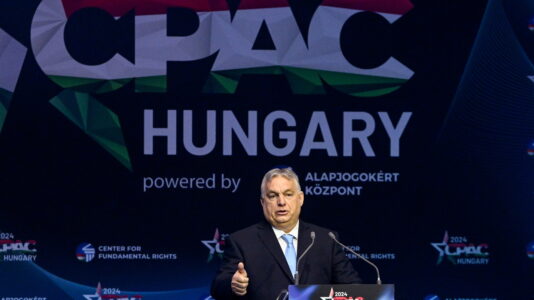The biggest transportation project in Poland, which was initiated under the conservative Law and Justice (PiS) government, is now under threat. Those campaigning to continue the PiS initiative of constructing a major transport hub comprising an airport and a railway interchange close to Warsaw, are alarmed at the news that the new management of the company responsible for the investment is planning to scrap the railway element of the scheme.
The new management has signaled that it sees the planned interchange next to the airport and the building of high-speed rail lines (2,000 km of railway track) as being “the vision of one man which is not necessarily the right one.” It also said that since no rail construction was envisaged until 2030 and that there is plenty of time for a review of the project, which would be based on an economic and demographic assessment of the feasibility of each railway line planned.
This has led to protests from campaign groups in favor of the project, whose leader Maciej Wilk has called the stance taken by the new management “sabotage,” adding that Poland does not have the time to waste letting development opportunities for development slip by. “Poles want to live in a normal modern country and not a provincial periphery as in the 1980s,” he posted on X.
Wilk believes the questioning of the railway links is a “smoke screen” for delaying the investment and potentially postponing the whole project indefinitely. Marcin Horała, the former PiS minister responsible for the project has also slammed the government’s decision to strike out €100 million for the design of the railway links from current plans.
When in opposition, Polish Prime Minister Donald Tusk’s party questioned the need for the CPK project and signaled it would be abandoned. However, as the election drew closer, the party shifted its stance to insist on a comprehensive audit of the project before further development. Despite this, all four endeavors to initiate external audits have failed, leading to the current situation where only an internal audit is underway.





